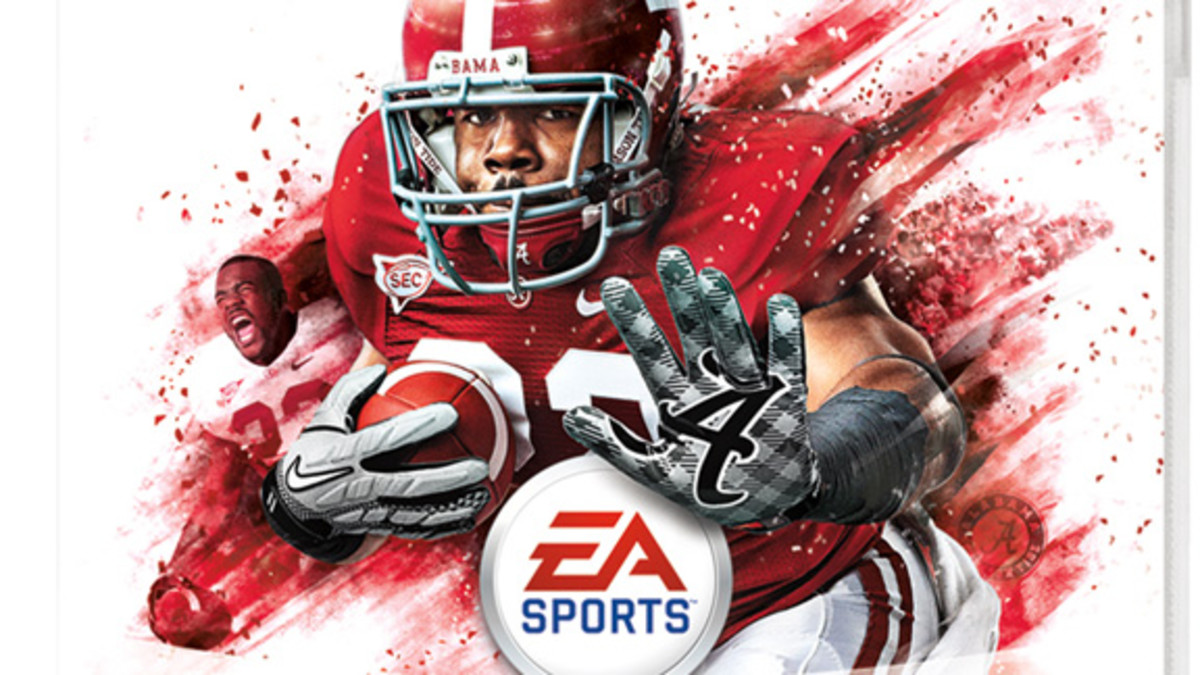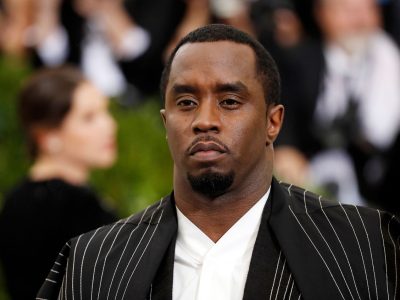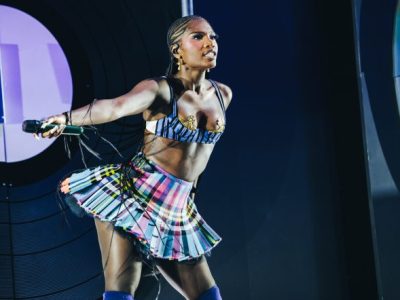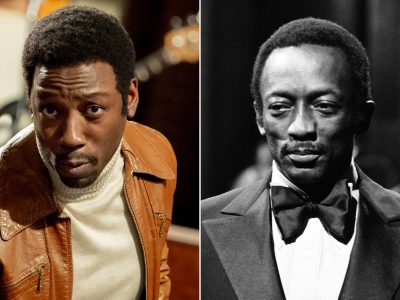After a 10 year hiatus EA Sports officially announced the highly anticipated return of their college football video game, College Football 25. EA Sports discontinued the game due to issues with Name, Image and Likeness (NIL) of college football players. They eventually reached a settlement with former college football players who sued the company and can now proceed with a different approach.
EA Sports explained that its NIL plan for the first version of the new game is that every athlete who opts into the game and has his NIL used will get $600 and a copy of the game. This is the baseline payment with the potential for more lucrative NIL opportunities such as social media posts, on-campus promotions, advertisements or even being the game’s cover athlete.
“There’s nothing been done on this scale that EA is doing, where every student-athlete that participates in the game is guaranteed revenue,” Cory Moss, CEO of the Collegiate Licensing Company
The National Collegiate Athletics Association (NCAA) only recently allowed college athletes to be paid for for commercial deals and utilizing their name, image and likeness. College football has been seen as a strictly amateur sport since 1869 and athletes weren’t allowed to get any sort of payment even if it’s for their NIL. College players are now permitted to legally put money in their pockets leveraging their brands.
Previously, if an NCAA athlete was seen making money through business deals or ventured this affected their eligibility to play. State laws and NCAA changes have now erased rules that kept athletes from earning income in college. Players can accept money from businesses in exchange for using them in products or advertisements, and can also promote themselves or other companies in public appearances. However, players aren’t allowed to get any compensation due to their performance, and recruits cannot sign any NIL deal contingent on an athlete going to a particular school.

Source: Sports Illustrated
The NIL battle with the NCAA has been the downfall for some college athletes. With many coming from low socioeconomic backgrounds, some have put their eligibility at risk to make some money to get by while working towards the big payoff that comes with making it professional. For example, Johnny Manziel, in Netflix’s Untold series, shares his story of how he made money as a college football athlete secretly selling signed merchandise and memorabilia. In a club shay shay interview, Johnny mentions that he could have made $10 Million a year if the NIL laws today applied while he was playing college football.
It’s good that college players are now able to monetise from their NIL, schools, colleges and brands have been monetising the players without breaking them off. Many also don’t make it to the professional level, so they still get to make something with their small window of fame. EA making sure they’re paying every college athlete sets the bar for every brand and game to follow.
By: Subomi Odanye
For the latest updates, Download P+us app available on Google App Store

















